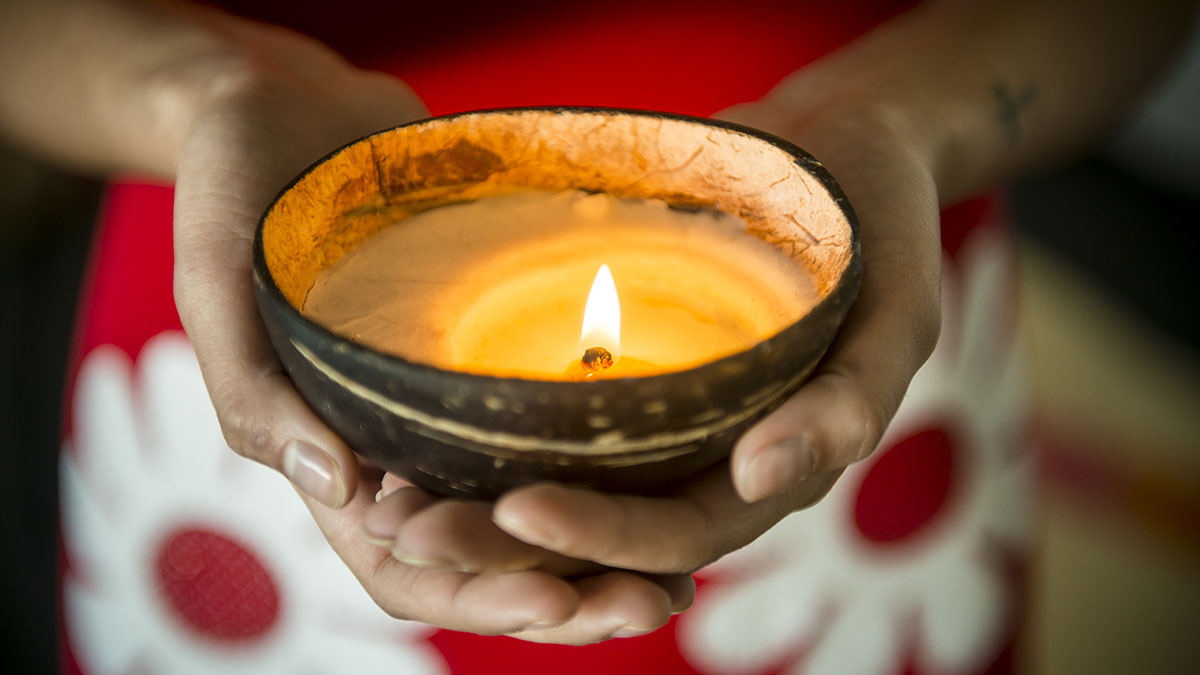What you’ll learn:
Mānava Ola: LifeKeepers for Pacific combines an evidence-informed, internationally proven approach with Pacific knowledge, values, and beliefs to create a training that is community-focused, clinically safe, and culturally grounded.
You’ll explore how to recognise when someone may be at risk of suicide and how to respond safely, confidently, and compassionately. You’ll also gain insights into how Pacific worldviews and cultural practices influence wellbeing and resilience.
You’ll learn how to:
- Talk safely and responsibly about suicide
- Understand risk and protective factors
- Recognise warning signs
- Start open, courageous conversations and ask directly about suicide
- Respond with confidence and connect people to the right supports
- Care for yourself as a LifeKeeper
Who it’s for:
Mānava Ola is designed for people of Pacific heritage, and priority for attendance is given to to Pacific participants. It is valuable for anyone who is passionate about supporting their communities, and for those already working in suicide prevention or mental health who seek a deeper cultural perspective and practical tools grounded in Pacific knowledge.
Funded by Te Whatu Ora, Mānava Ola provides free suicide prevention training for New Zealanders who are most likely to support someone at risk, but who don’t already have access to funded training.
The training is not a treatment or support group, and some content may be distressing for those who are vulnerable. For further information or questions, please email flo@leva.co.nz.
It is not intended for registered professionals or for organisations that already receive funded suicide prevention training for their staff.
Free training is also not available for large organisations or private bookings; however, private or oranisational training can be arranged on a fee-for-service basis.
-
LifeKeepers is New Zealand’s national suicide prevention training programme. It gives people the knowledge and confidence to recognise when someone may be at risk of suicide and to connect them safely to support. The training is community-focused, culturally responsive, and free for those most likely to support someone at risk.
-
-
-
-
-
-
-
-
-

